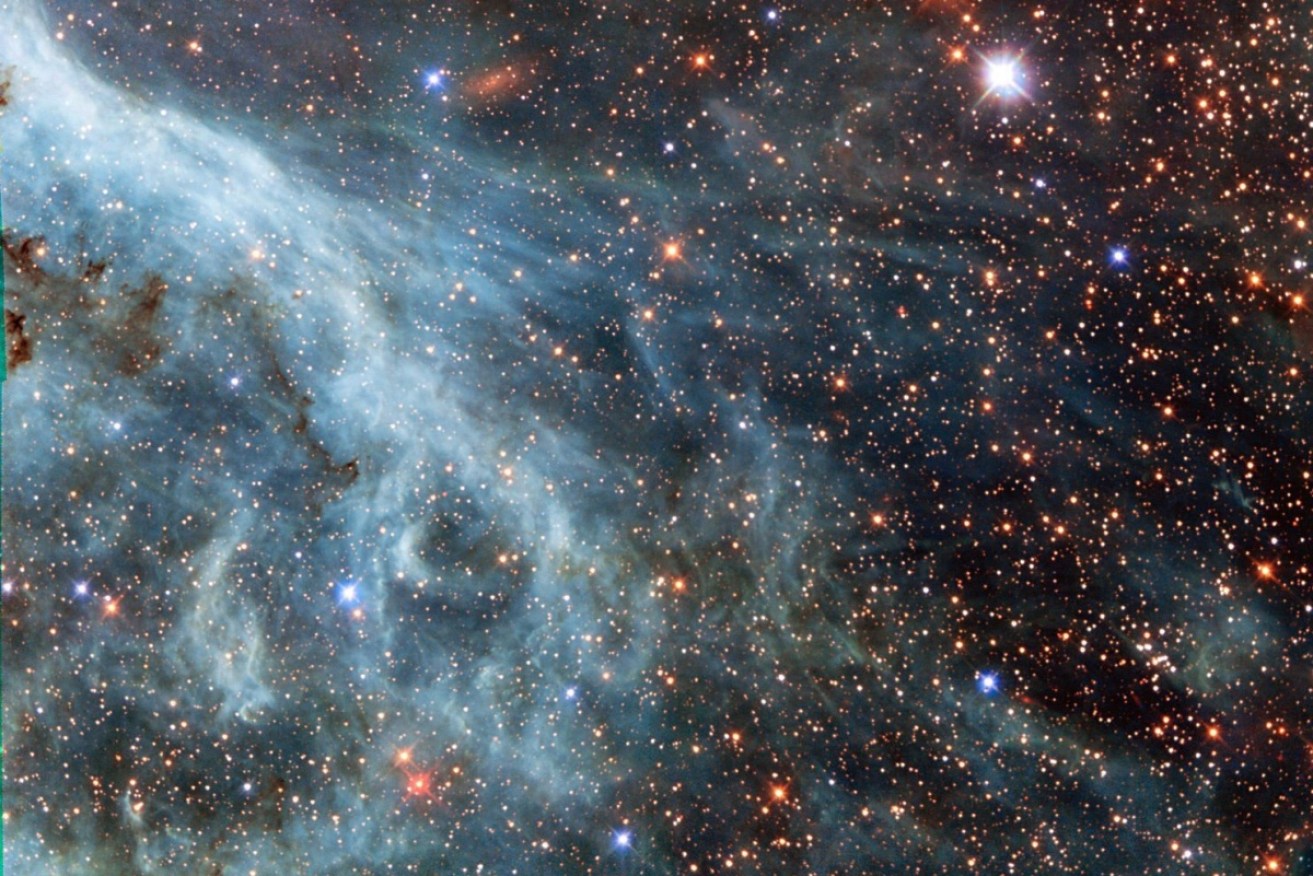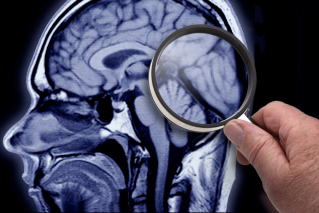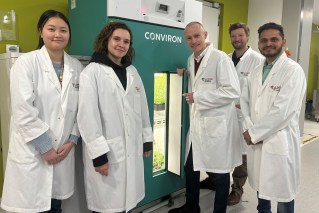Stars experience quakes like on Earth

The Gaia data revealed new information on nearly two billion stars in the Milky Way. Photo: EPA
Stars experience quakes like we have on Earth, scientists have discovered, after data revealed new information on nearly two billion stars in the Milky Way.
These “starquakes”, known as non-radial oscillations, are tsunami-like movements on stars’ crusts that cause the shape of the star to change with their force.
This was an unexpected discovery from the latest data release from the Gaia space observatory, which is about 1.5 million kilometres from earth and carries two telescopes to document the galaxy, as it was only designed to pick up radial oscillations that cause stars to change their size.
The data that has been collected forms a “DNA map” – a multi-dimensional map of asteroids, planets, stars and galaxies – which has provided the largest ever catalogue of information on stars in the galaxy.
Technology which is key to Gaia’s discoveries, highly sensitive photon detectors that form part of the observatory’s one billion-pixel camera, was developed in Chelmsford, Essex, by manufacturing company Teledyne e2v.
The team working on the space observatory is led by scientists and astronomers at Cambridge University.
Dr Nicholas Walton, one of the scientists from the university’s Institute of Astronomy, said: “This major data release from Gaia not only allows astronomers to map the distances and motions of some two billion stars in our galaxy, but it also gives detailed measures of the physical and chemical make-up of a large number of those objects for the first time.
“This new data release creates a detailed bank of information, essentially working as a DNA map that allows us to understand the stellar population of our galaxy, and track its past, present and future.”
The data release was marked by an event at Goonhilly Earth Station in Cornwall, Britain, which can receive data from Gaia alongside other European Space Agency stations across Europe.
-PA








